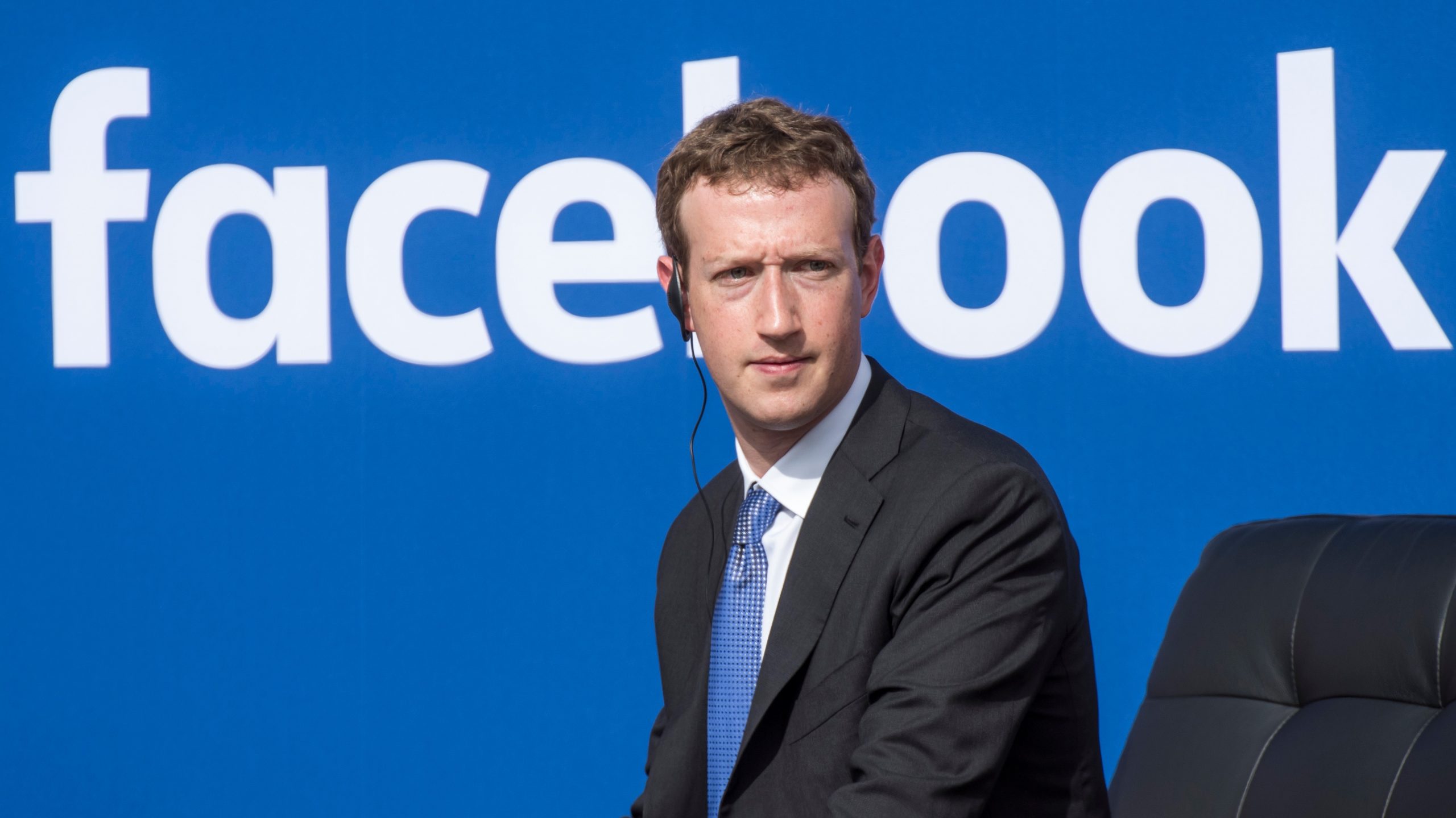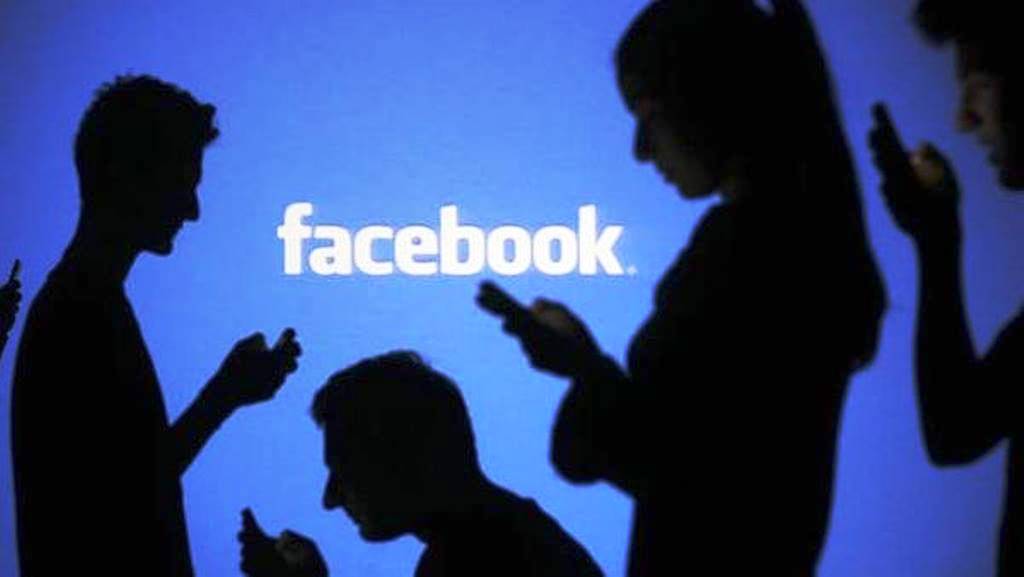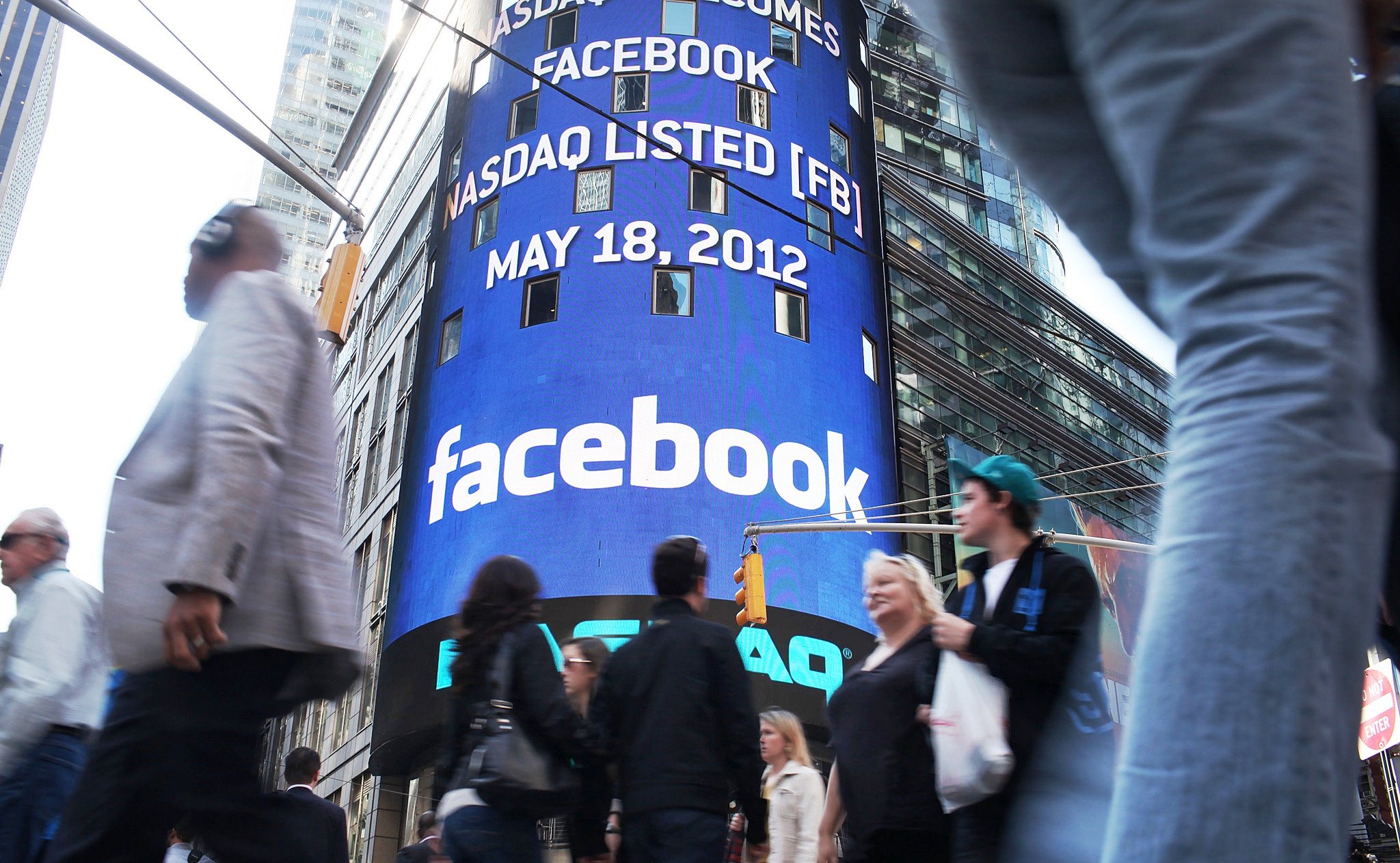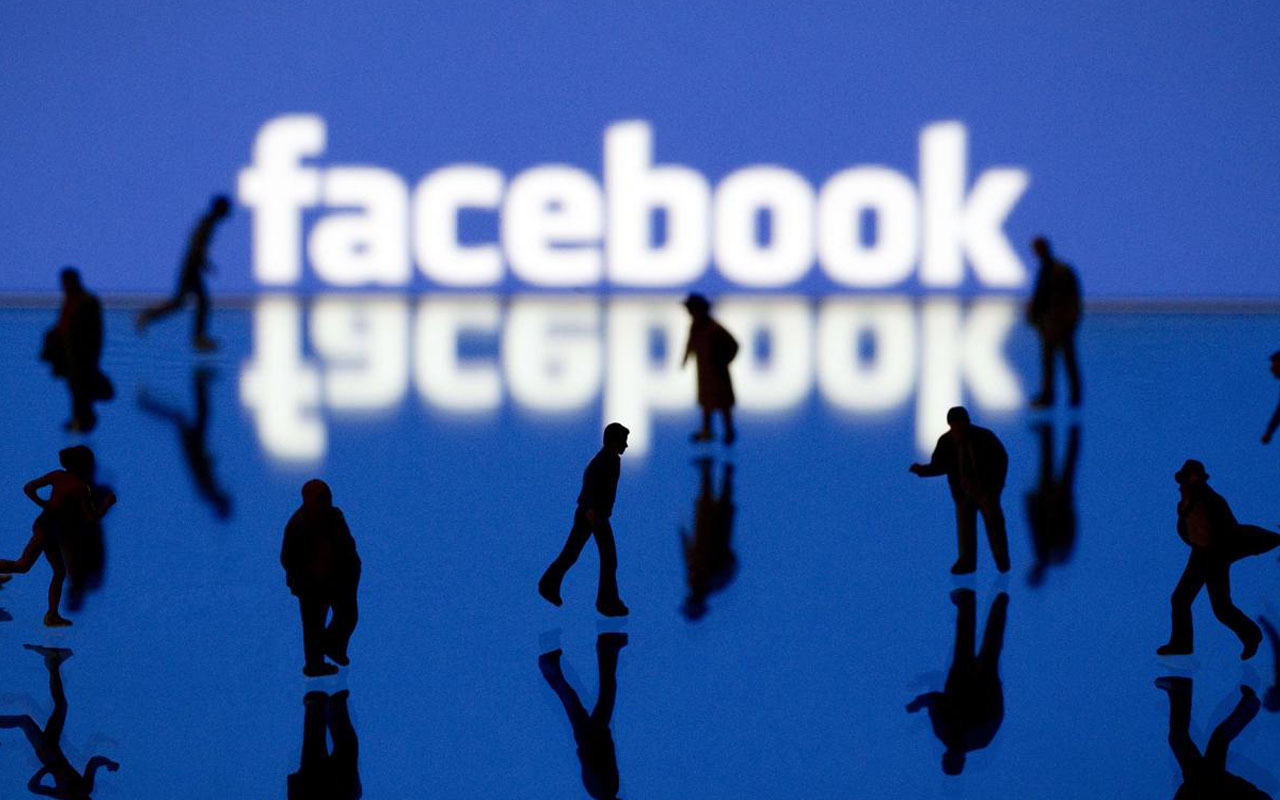Facebook on Tuesday unveiled NG_Hub aimed at attracting the best talents and driving innovation in Nigeria’s technology ecosystem.
The Manager, Developer Programme Facebook, Mr Emeka Afigbo, said at the formal unveiling of new NG_Hub space in Lagos that it was in partnership with Co-Creation Hub.
“As part of its commitment and ongoing investment in Africa, Facebook today unveiled NG_Hub in Lagos, Nigeria – its first flagship community hub space in Africa, in partnership with CcHub.
“Facebook is in partnership with CcHub to help integrate local culture and flavour of the country and the new hub will help them train 50,000 people in digital skills.
“We understand the important role Facebook plays in Nigeria with developers and start-ups and have invested in helping these communities.
“In a one week celebration which will bring together developers, start-ups and the wider tech community across Lagos and Nigeria, the launch will showcase the new multi-faceted space which aims to bring together communities to collaborate, learn, and exchange ideas,’’ he said.
Mr Ime Archibong, Facebook’s Vice-President of Partnerships, also announced partnerships with seven other hubs across the country.
He said they included Abuja (Ventures Platform), Jos (nHub), Kaduna (Colab Hub), Kano (DI Hub), Uyo (Start Innovation Hub), Enugu (Roar Hub) and Port Harcourt (Ken Saro Wiwa Hub).
Archibong said it would serve as centres of excellence and would feature dedicated Facebook spaces, where many of Facebook’s training sessions would take place and a space where creatives and developers could book to help them advance their skills.
“Featuring bespoke works of art from local artists in Nigeria, the NG_Hub space, which includes workspaces, meeting rooms, a games and chill out room, an event space and a well catered café, will also be the focal point for a number of training programmes.
“Aimed at attracting the best talents and driving innovation in Nigeria’s tech ecosystem, these are all designed to equip Nigerian SMEs, tech entrepreneurs and the next generation of leaders to better understand and utilise the power of digital tools for economic growth,’’ he said.
He noted that the training programmes would include: the Fb Start Accelerator programme aimed at startup and students, and Digify Pro Nigeria — a two-month intensive boot camp where 20 aspiring digital professionals.
Others are Boost Your Business — Made especially for micro, small and medium sized business owners and SheMeansBusiness that is a one-day training workshop and networking experience for female entrepreneurs.
According to Archibong, technology provides expansive opportunities to engage young, creative and resourceful Nigerians, especially in delivering solutions to challenges across communities here in Nigeria.
He said that Facebook’s mission was to build community and bring the world closer together, NG_Hub provides that physical space that would serve as a centre of learning and skills development in Lagos.
Mr Ife Adebayo, Special Assistant on Innovation and Entrepreneurship Office of the Vice-President, said that the country had no shortage of talents but of opportunities.
He said that the space being provided by Facebook in their NG_HUB would give innovators the needed platform and opportunity to leverage upon.
“We are in an age where we are building smart technology and there is need to leverage on the opportunity the Facebook hub will give,’’ he said.
He called for a collaboration between stakeholders in the tech industry, adding that such would ensure that policies put in place would be well utilised.
Mr Bosun Tijani, Chief Executive Officer, Co-creation Hub, said that technology had kept evolving and the ability to leverage on it would be to have a good ecosystem.
He said the NG_HUB of Facebook would come with a lot of expertise for Nigerians to leverage upon and, especially the local technology space.
“In 10 years, Nigeria’s tech space will have something to show because what is happening now with Facebook is the future of the country.
“Technology has taken away barriers for people to do more and the hub will enable the traditionally excluded connections or technology to have an impact,’’ he said.





